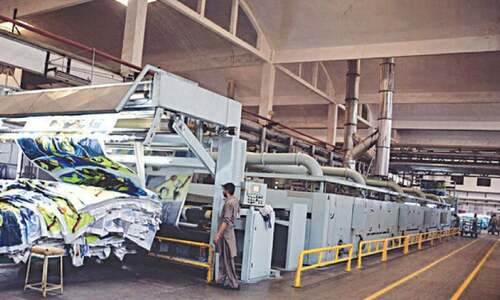Ghana became the first African country on Thursday to introduce vaccines against pneumococcal disease and rotavirus at the same time in a bid to fight leading causes of the world's two biggest childhood killers - pneumonia and diarrhoea.
More than 2.7 million children worldwide under the age of five are killed each year by pneumonia and severe diarrhoea, and in Ghana the diseases account for 20 percent of child deaths.
“Our children have been dying from these vaccine-preventable diseases for too long, but this moment begins a major fight back,” Health Minister Alban Bagbin told reporters and officials at a ceremony in Accra to mark the launch of the vaccines.
With these two new shots added to Ghana's established immunisation programme against polio, measles, tuberculosis and other key childhood disease, he said he was sure Ghana will meet a target for a two-thirds reduction in child mortality by 2015.
The introduction of the vaccines in Ghana is being funded for the most part by the Global Alliance for Vaccines and Immunisation (GAVI), which funds bulk-buy vaccinations for poorer countries that cannot afford to pay rich-world prices.
The Alliance brings together developing country and donor governments, the World Health Organisation (WHO), UNICEF, the World Bank, the vaccine industry, and the Bill & Melinda Gates Foundation and other private philanthropists.
The WHO, which has designated this week “world immunisation week”, says vaccination is one of the most cost-effective of all public health measures. It estimates that between 2 and 3 million deaths are averted each year with immunisation.
A series of studies published last year found that if 90 percent of children in the more than 70 poor countries supported by GAVI were fully immunised, about 6.4 million children's lives and more than $151 billion in treatment costs and lost productivity could be saved over 10 years, producing economic benefits of $231 billion.
GAVI has secured deals with the manufacturers of the pneumococcal and rotavirus vaccines -- Pfizer, Merck and GSK -- which means they can buy them for poor countries at around a 90 percent discount from prices paid by developed nations.
Ghana is co-funding the vaccines needed for these campaigns, contributing around 20 US. cents for each dose.
Ghana's first lady Ernestina Naadu Mills, who spoke at the launch ceremony in Accra's Independence Square, said her country now had a new opportunity “to improve the lot of our children, who are our greatest resource”.












































